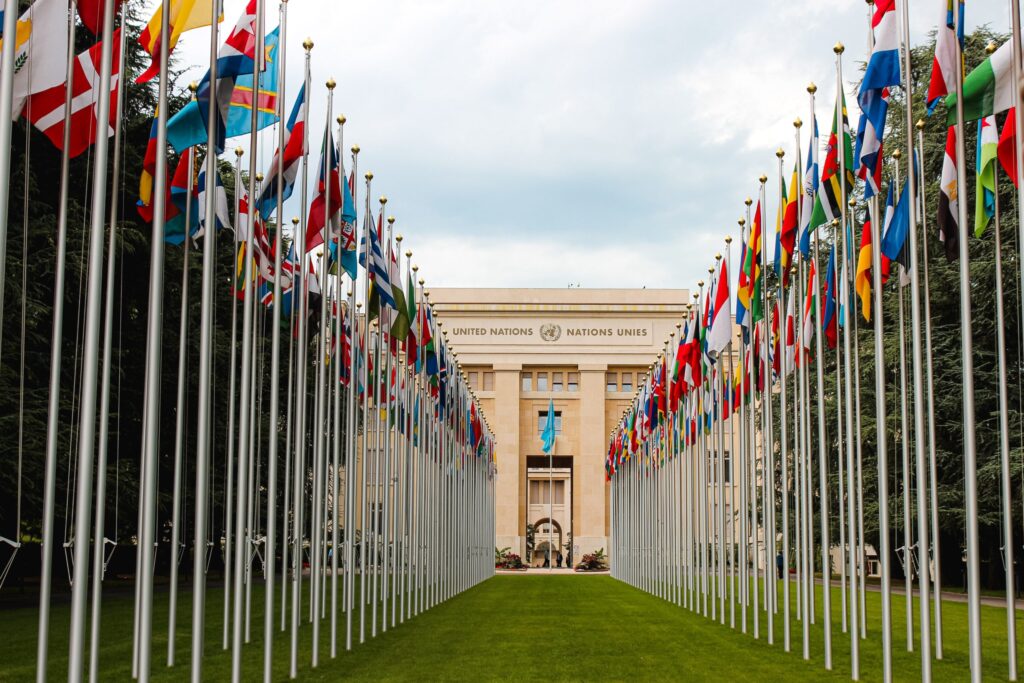

United Nations Secretary-General Antonio Guterres from Portugal was appointed for a second term in office on Friday 18 June.
Earlier this week, he issued his Vision Statement for the next 5 years at the helm of the Organization. The document outlines the SG’s approach to technology, which is broadly characterized as a great enabler of global fairness and equality which, however, presents serious questions. These relate, for example, to risks inherently embedded in transformative solutions and to the fact that multinational technology companies have now emerged as “geopolitical actors”.
In this context, the following action areas in the technology landscape are identified as priority for his next mandate:
- The digital divide, which is increasingly reinforcing social and economic divisions;
- The potentially disruptive misuse of Artificial Intelligence;
- Anarchic and criminal behavior in an ungoverned cyberspace, including on the Internet, which have created new vectors of instability and thrown up huge ethical, social and regulatory questions;
- The growing centrality of data and critical infrastructure in the security space, and a concomitant need to update traditional concepts to develop tailored crisis-management approaches;
- Disinformation and other harmful practices which are increasingly deployed to generate a polarizing impact on societies.
As a way to address these pressing questions, the SG is expected to channel international efforts to secure a robust implementation of the Digital Cooperation Roadmap, taking action towards a number of key objectives:
- Building a strengthened Internet Governance Forum, to ensure greater coordination and effectiveness of multilateral policy-making for the online world. Options for a new format of the Forum include proposals to create new mechanisms and advisory bodies that may deliver a stronger role of governments on these matters.
- Reinforcing ITU leadership in driving international efforts to connect the remaining 4 billion people to the Internet by 2030. Ongoing and planned work includes developing global indicators for meaningful connectivity, international standards for ICT equipment and best practices for emergency communications.
- Enhancing regulation in the use of artificial intelligence, also through a new Multi-Stakeholder Advisory Body tasked to build global capacity for the development and use of AI, address the lack of representation and inclusiveness in global discussions and identify methods to harness AI to support the Sustainable Development Goals.
- Developing global understanding and norms for Digital Human Rights. This objective will be critically pursued through efforts of the Office of the High Commissioner for Human Rights and of the Human Rights Council to develop due diligence assessments of risks and potential of new and emerging technologies to promote enjoyment of Human Rights.